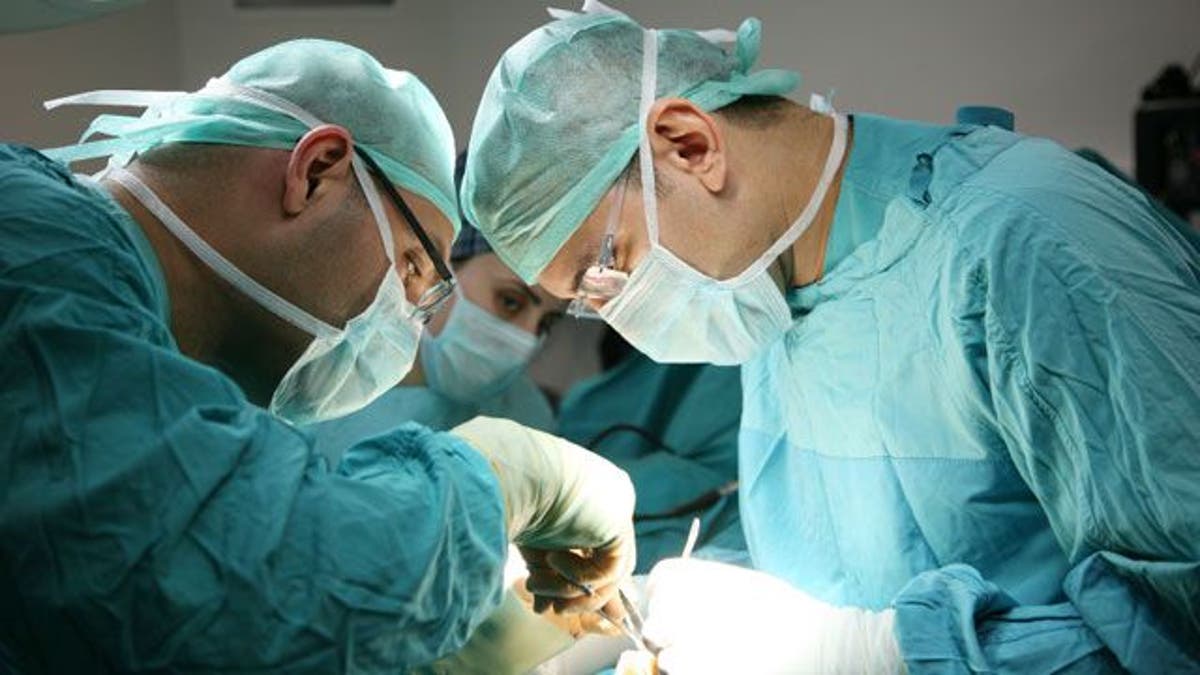
It is the stuff of nightmares, but as many as one in 500 patients wakes up while on the operating table.
When patients are questioned about their experience of surgery, many more than previously thought say they were aware of something happening, according to research.
The good news is that it seems few are distressed by the experience. Instead, it is thought that most are "in a third state of consciousness" in which they are only dimly aware of what is going on and, crucially, do not feel pain.
The theory comes from Professor Jaideep Pandit, an Oxford University anesthetist who has reviewed studies on the subject. Several have found that around one in 500 patients remember something of their operation when questioned closely afterwards.
However Professor Pandit's work shows that a much lower figure - just one in 15,000 patients - mentions the experience to their doctor afterwards.
This, he argues, suggests most are unconcerned at the time.
They might dimly be aware of conversations going on around them between staff in the operating theatre or even the knife on their skin, but they are not in pain. Professor Pandit told the Independent on Sunday that "the difference between the incidence of one in 500 and one in 15,000 suggests that even in the rare cases where patients are experiencing awareness, in most cases, the sensation is a 'neutral' one."
His argument is backed up by a study in which drugs were used to anaesthetize patients and paralyze them completely apart from one arm.
A third of the patients were awake enough to able to move their fingers but none did so until asked - suggesting they were unconcerned about drawing attention to their predicament. The professor has named the aware but disconnected state 'dysanaesthesia'.
"What we are possibly seeing is a third state of consciousness - dysanaesthesia - in which the patient is certainly aware of events but not concerned by this knowledge, especially as they are not in pain" he said.
